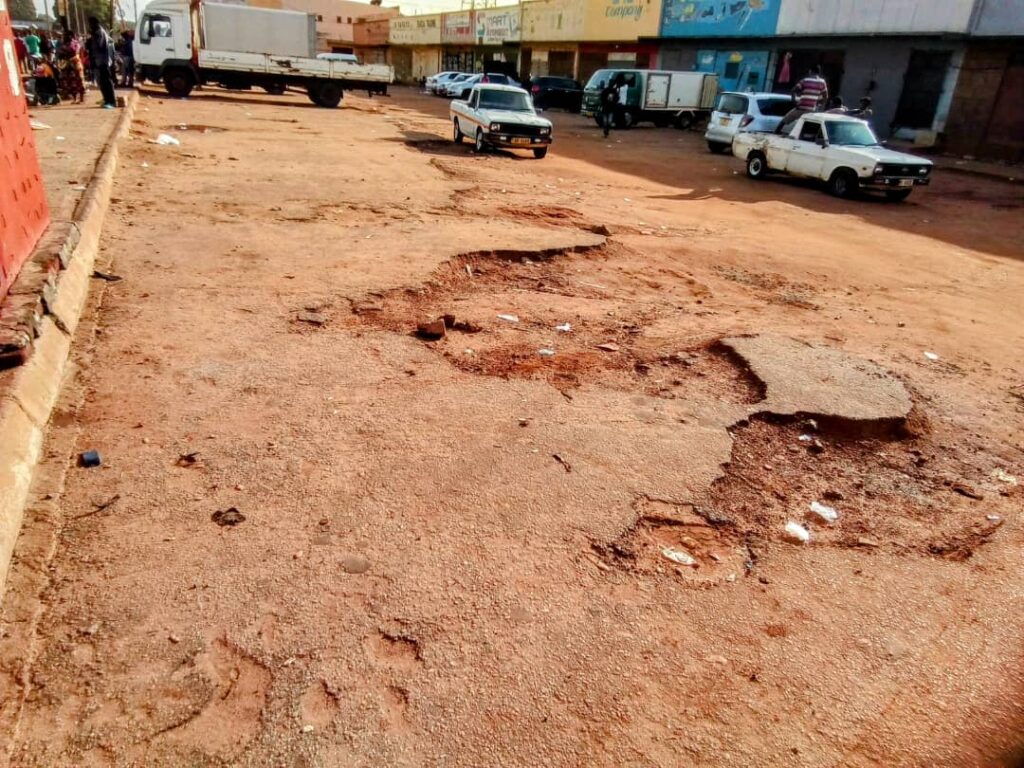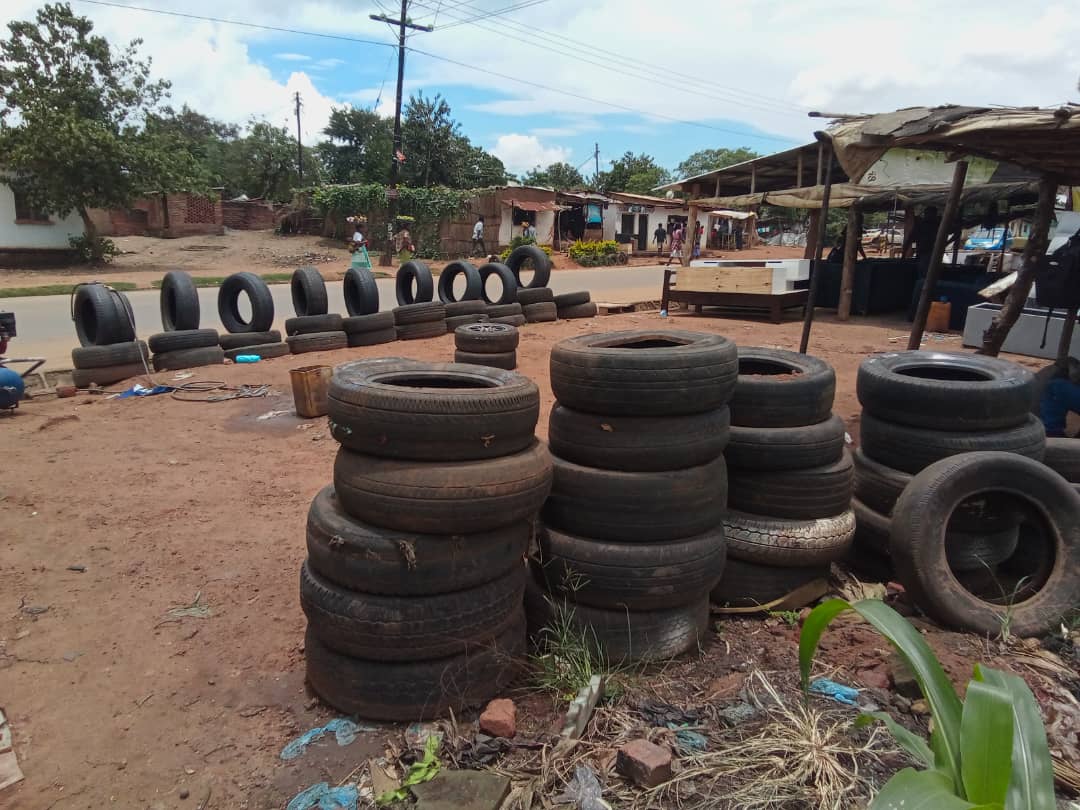By Burnett Munthali
Malawi stands at a crucial crossroads where the pursuit of development must shift from rhetoric to tangible results.
For decades, the nation has battled poverty, underdevelopment, and inequality, despite receiving significant donor support and formulating numerous policy frameworks.
Real development for Malawi requires not just good intentions, but strategic implementation, political will, and public accountability.
Agriculture, which remains the backbone of Malawi’s economy, needs modernization, diversification, and value addition to improve productivity and create jobs.

Dependence on rain-fed farming has left farmers vulnerable to climate shocks, thereby threatening national food security.
Government and private sector investment in irrigation, agri-processing, and market access can turn subsistence farmers into commercial producers.
Education, another pillar of development, must go beyond access to ensure quality, relevance, and skills readiness for the 21st-century economy.
Too many young Malawians leave school without employable skills, contributing to high unemployment and underemployment rates.
Vocational and technical education should be expanded and aligned with industry demands to prepare youth for entrepreneurship and innovation.
Healthcare remains a persistent challenge, with underfunded facilities, drug shortages, and a critical shortage of health professionals across the country.
Investment in health infrastructure and systems is essential to ensure a healthy and productive population.
Energy is another key area where Malawi must accelerate development, as frequent blackouts and low electricity access stunt industrial growth and daily livelihoods.
Expanding renewable energy sources and improving electricity distribution can unlock economic potential in both urban and rural areas.
Transport and infrastructure development are equally critical, as poor roads and limited connectivity slow trade, mobility, and service delivery.
A comprehensive infrastructure plan, including roads, bridges, and digital infrastructure, is necessary to foster inclusive growth.
Corruption continues to be a major obstacle to development, siphoning off resources that could otherwise fund essential public services.
Strengthening institutions, enforcing transparency, and promoting a culture of integrity must be a national priority.
Development must also be inclusive, addressing regional disparities and ensuring that women, youth, and marginalized groups are empowered to contribute meaningfully.
Malawi’s development agenda should be home-grown, people-centered, and resilient against both economic and environmental shocks.
While foreign aid can complement national efforts, self-reliance and domestic resource mobilization are vital for long-term sustainability.
Leadership at all levels must focus on delivery, not just promises, and citizens must hold them accountable through democratic participation.
Only by aligning vision with action, and policies with the realities of its people, can Malawi achieve meaningful and lasting development.
The time for slogans and pilot projects is over—Malawi needs bold, inclusive, and sustained development that transforms lives across generations.





